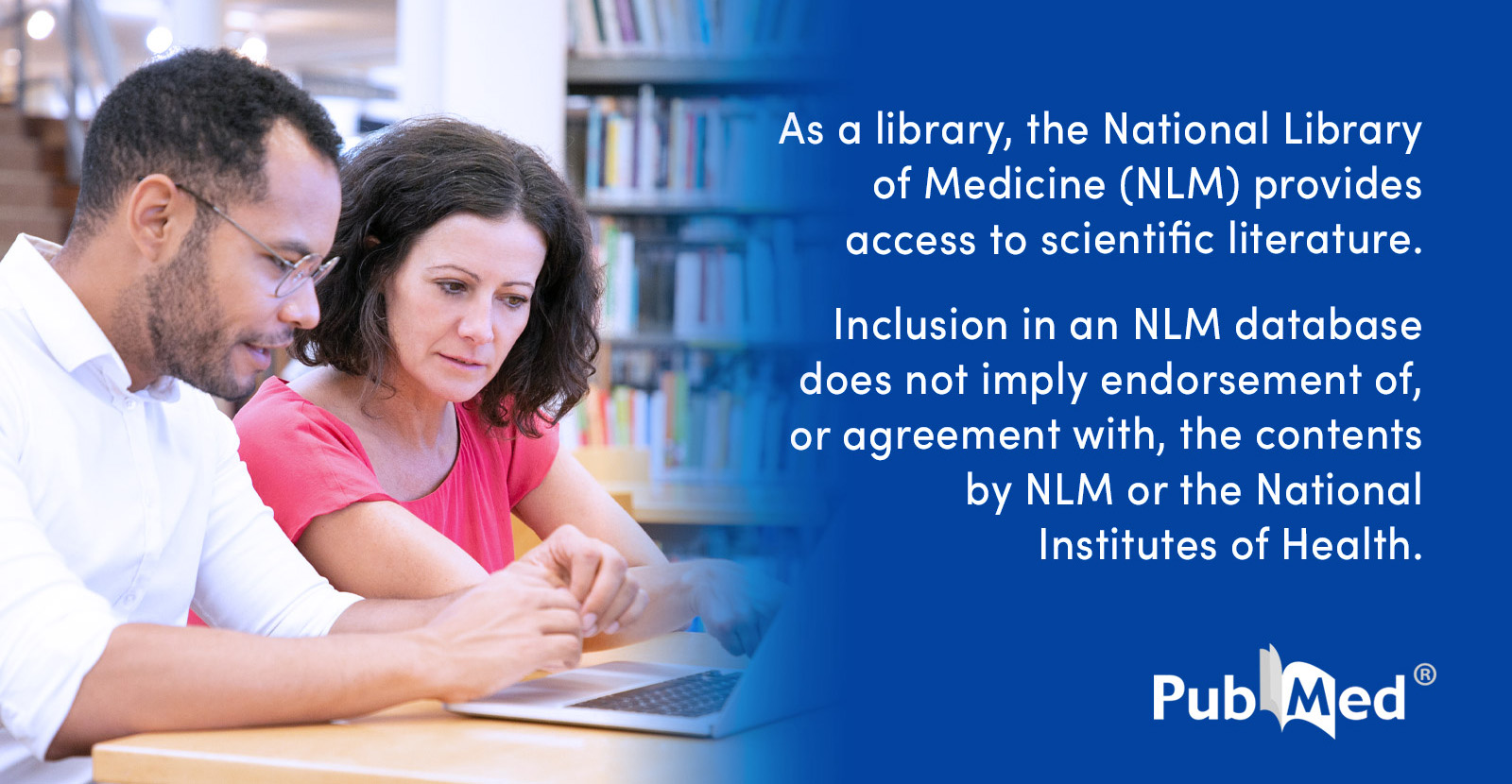The Shadow Self
Bluelighter
- Joined
- Feb 17, 2013
- Messages
- 647

Cardiovascular consequences of cocaine use - PubMed
The cardiovascular consequences of cocaine use are numerous and can be severe, with mechanisms of cardiotoxicity unique to cocaine that include sympathomimetic effects, blockade of sodium and potassium channels, oxidative stress and mitochondrial damage, and disruption of excitation-contraction...

Cocaine and Cardiotoxicity: A Literature Review
Long-term cocaine use, as well as acute cocaine use, is associated with adverse cardiovascular consequences, including arrhythmias, angina, myocardial infarction, heart failure, and other conditions. Over the long term, cocaine can result in structural changes to the heart such as increased...
"It is clear that cocaine has cardiotoxic effects. Acute doses of cocaine suppress myocardial contractility, reduce coronary caliber and coronary blood flow, induce electrical abnormalities in the heart, and in conscious preparations increase heart rate and blood pressure. These effects will decrease myocardial oxygen supply and may increase demand (if heart rate and blood pressure rise). Thus, myocardial ischemia and/or infarction may occur, the latter leading to large areas of confluent necrosis. Increased platelet aggregability may contribute to ischemia and/or infarction. Young patients who present with acute myocardial infarction, especially without other risk factors, should be questioned regarding use of cocaine. As recently pointed out by Cregler, cocaine is a new and sometimes unrecognized risk factor for heart disease. Acute depression of LV function by cocaine may lead to the presence of a transient cardiomyopathic presentation. Chronic cocaine use can lead to the above problems as well as to acceleration of atherosclerosis. Direct toxic effects on the myocardium have been suggested, including scattered foci of myocyte necrosis (and in some but not all studies, contraction band necrosis), myocarditis, and foci of myocyte fibrosis. These abnormalities may lead to cases of cardiomyopathy. Left ventricular hypertrophy associated with chronic cocaine recently has been described. Arrhythmias and sudden death may be observed in acute or chronic use of cocaine. Miscellaneous cardiovascular abnormalities include ruptured aorta and endocarditis. Most of the cardiac toxicity with cocaine can be traced to two basic mechanisms: one is its ability to block sodium channels, leading to a local anesthetic or membrane-stabilizing effect; the second is its ability to block reuptake of catecholamines in the presynaptic neurons in the central and peripheral nervous system, resulting in increased sympathetic output and increased catecholamines. Other potential mechanisms of cocaine cardiotoxicity include a possible direct calcium effect leading to contraction of vessels and contraction bands in myocytes, hypersensitivity, and increased platelet aggregation (which may be related to increased catecholamine). The correct therapy for cocaine cardiotoxicity is not known. Calcium blockers, alpha-blockers, nitrates, and thrombolytic therapy show some promise for acute toxicity. Beta-Blockade is controversial and may worsen coronary blood flow. In patients who develop cardiomyopathy, the usual therapy for this entity is appropriate."
